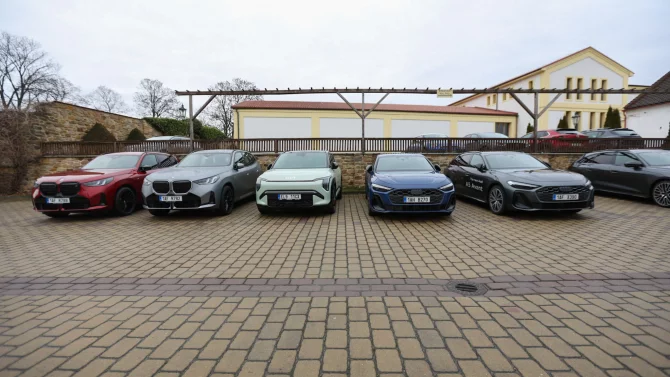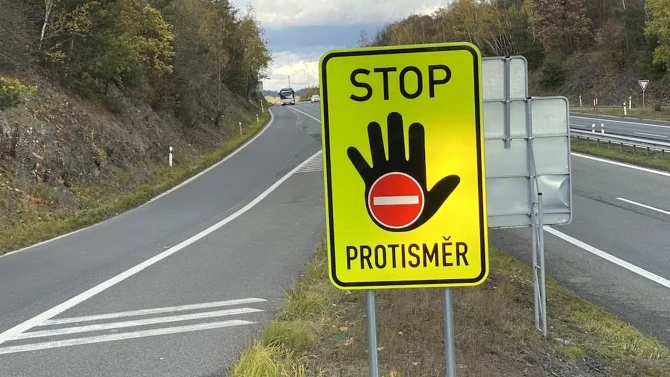By Gergely Szakacs
VISEGRAD, Hungary, Oct 10 (Reuters) - Leaders of the four biggest European Union newcomers emphasised on Tuesday their desire to join the bloc's border-free zone next year, despite signals from the EU Commission of a possible delay.
"It is of utmost importance to countries of the region that the Schengen accession take place as scheduled," Hungarian Prime Minister Ferenc Gyurcsany told a press conference after meeting his counterparts in the Visegrad Four regional alliance of central European nations.
The group, comprising Poland, Slovakia, the Czech Republic and Hungary, was set up after the fall of communism in 1989.
Some diplomats from new member states say privately some EU countries may be using technical hurdles as a pretext to delaying wider access to the "Schengen" border-free area due to growing public fears about immigration.
"We consider any delay in the enlargement of the Schengen zone not a technical, but a political question," Gyurcsany said after the summit which drew a few dozen Hungarian anti-government demonstrators.
The EU had planned to let the 10 mostly ex-communist states that entered the bloc two years ago into Schengen in October 2007. But it acknowledged earlier that it was running late, sparking protests by the new members.
A joint statement by the Visegrad group said: "If this target date ... was to be delayed for technical reasons it could result in a serious crisis of confidence for the populations in the new EU member states."
A beefed-up police database for the Schengen zone will be ready only in June 2008. The original plan was to have it ready before lifting the restrictions.
ETHNIC DISCORD
Gyurcsany and his Slovak counterpart Robert Fico called off a planned bilateral meeting amid differences over recent allegations of violence against ethnic Hungarians, which Budapest blames on the presence of the far-right Slovak National Party in government in Bratislava.
"We should meet only if we can ensure that such a meeting does not end unsuccessfully ... Being aware of the position of Mr Fico ... this would not be a meeting but a fruitless debate, or even worse, a quarrel," Gyurcsany said.
But Fico disagreed with Gyurcsany, saying each case of alleged ethnic violence had been investigated.
"In Slovakia there is a sovereign government on the basis of free parliamentary elections ... I see no impediment in our bilateral relations ... I do not understand at all what the (Hungarian) prime minister said," Fico said. ((Editing by Keith Weir; Reporting by Gergely Szakacs; Budapest newsroom; RM://gergely.szakacs.reuters.com@reuters.net; Email: gergely.szakacs@reuters.com; Tel.: +36 1 327 4748))
Keywords: HUNGARY SUMMIT




 Povinnosti účastníků provozu účastníky provozu mnohdy zaskočí. Dnešní kvíz prověří, jestli své povinnosti znáte
Povinnosti účastníků provozu účastníky provozu mnohdy zaskočí. Dnešní kvíz prověří, jestli své povinnosti znáte
 „Přišel pěšky, odjel vlastním vozem“: slogan autobazarů měl charakterizovat prodeje ojetin v Československu
„Přišel pěšky, odjel vlastním vozem“: slogan autobazarů měl charakterizovat prodeje ojetin v Československu
 Je Kodiaq favorit? V ČR se hledá nejlepší auto pro rok 2025. Ve hře je i brutální elektromobil nebo klasické SUV
Je Kodiaq favorit? V ČR se hledá nejlepší auto pro rok 2025. Ve hře je i brutální elektromobil nebo klasické SUV
 Rok po faceliftu dostal elektrický bestseller z Mladé Boleslavi další facelift. Enyaq vypadá jak Elroq
Rok po faceliftu dostal elektrický bestseller z Mladé Boleslavi další facelift. Enyaq vypadá jak Elroq
 Kdo nezvládne kvíz základních dopravních značek za plný počet, ten by raději neměl řídit. Tak se ukažte
Kdo nezvládne kvíz základních dopravních značek za plný počet, ten by raději neměl řídit. Tak se ukažte
